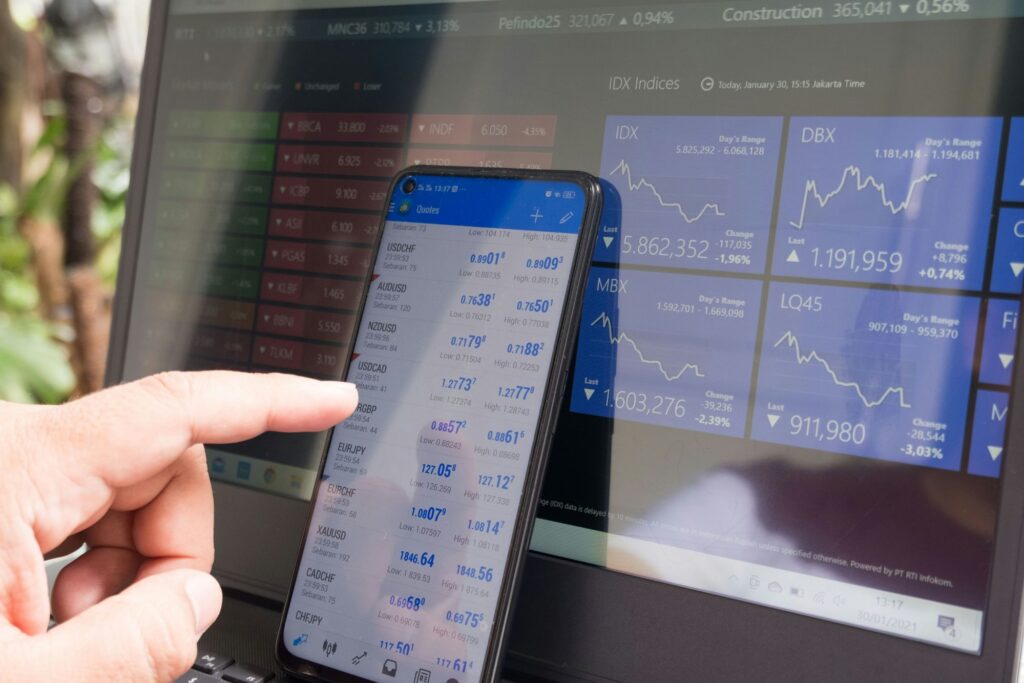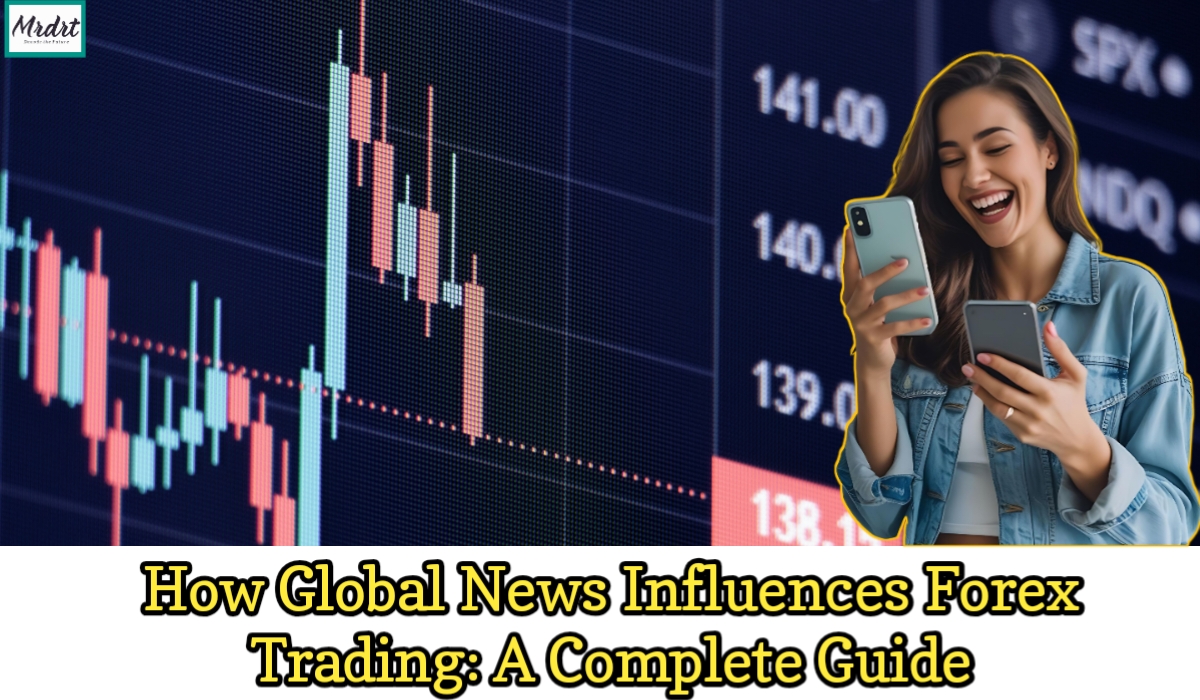The Foreign Exchange (forex) market is the largest and most liquid financial market in the world, with trillions of dollars traded daily. One of the key drivers of currency fluctuations in this vast market is global news. From economic reports to political unrest, nearly every major global event has the potential to shift currency values. Understanding how global news impacts forex markets is essential for traders, investors, and even businesses involved in international trade.
How Global News Impacts Forex Markets
- Political and Geopolitical Events
- Central Bank Statements & Monetary Policy
- Natural Disasters and Global Emergencies
- Trade Wars and International Agreements
- Market Sentiment and Speculation
- Global Financial Crises
- Economic News: The Core Market Mover
Economic News: The Core Market Mover
Economic news is the most influential driver of currency fluctuations in the forex market. These reports offer insights into the health, performance, and direction of a country’s economy. Traders and investors closely monitor this data because strong economic performance generally strengthens a nation’s currency and weak performance does the opposite.
- Trade Balance
- Retail Sales & Consumer Spending
- Gross Domestic Product (GDP)
- Employment Reports
- Inflation Rates (CPI & PPI)
Political and Geopolitical Events: Forex Market Wildcards
In forex trading, politics can be just as powerful as economics. Political and geopolitical events introduce uncertainty and uncertainty drives volatility. Unlike scheduled economic reports, political developments can happen suddenly and unpredictably, making them high-impact events in the currency market.
- Elections & Political Transitions
- Government Instability or Corruption
- Geopolitical Conflicts
- Diplomatic Relations & Sanctions
- Policy Announcements or Referendums
Why Politics Impact Forex So Strongly?
Confidence: Forex markets thrive on investor confidence. Politics shapes the business environment.
Volatility: Political events create sudden, sharp moves especially if they’re unexpected.
Global Capital Flow: Political stability attracts foreign investment, which boosts demand for the currency.
Central Bank Statements & Monetary Policy
Central banks play a crucial role in shaping a country’s economic policy and their decisions have a powerful effect on currency values. Forex traders pay close attention to every word in a central bank statement, as even a slight shift in tone can cause significant market reactions.
What Is Monetary Policy?
Monetary policy refers to the actions taken by a central bank to manage:
- Interest rates
- Money supply
- Inflation
- Economic growth
Major Central Banks to Watch
- U.S. Federal Reserve (Fed)
- European Central Bank (ECB)
- Bank of England (BoE)
- Bank of Japan (BoJ)
- Reserve Bank of India (RBI)
- Swiss National Bank (SNB)
Natural Disasters and Global Emergencies
While economic data and political events are often predictable or scheduled, natural disasters and global emergencies strike suddenly catching markets off guard. These events can disrupt economies, shake investor confidence, and create rapid volatility in forex markets.
Types of Events in This Category
- Natural Disasters
- Global Health Crises
- Technological or Cyber Emergencies
How These Events Impact Forex Markets
- Currency Depreciation in Affected Countries
- Flight to Safety
- Impact on Commodity Currencies
Real Example:
> During the COVID-19 pandemic (2020):
Emerging market currencies (like INR, BRL, ZAR) fell sharply.
The USD and JPY rose due to global demand for safety.
Central banks cut interest rates, adding further pressure on currencies.
Market Sentiment and Speculation: The Psychology Behind Forex Moves

While economic data and official statements play a major role in forex movements, market sentiment and speculation often drive short-term price swings. This is the emotional and psychological side of trading where trader expectations, fear, greed, and rumors can move markets even in the absence of actual news.
What is Speculation in Forex?
Speculation is when traders make decisions based on expectations, forecasts, or potential news not just current data.
Traders anticipate central bank decisions, economic reports, or geopolitical shifts.
Rumors or leaked information can trigger early reactions even before official confirmation.
Market Sentiment and Speculation
In forex trading, prices don’t move on data alone they move on how traders feel about that data. This is where market sentiment and speculation come in. Even before a report is released or an event unfolds, the expectation of an outcome can drive prices sharply up or down.
What Is Market Sentiment?
Market sentiment is the collective mood or attitude of traders toward a currency or the market overall. It reflects how optimistic (bullish) or pessimistic (bearish) traders are about future price movements.
🟩 Bullish sentiment → Traders expect the currency to rise
🟥 Bearish sentiment → Traders expect the currency to fall
Global Financial Crises: Shaking the Foundations of Forex
Global financial crisis is a severe and widespread disruption to the global economy, often triggered by the collapse of major financial institutions, excessive debt, or systemic market failures. When such crises occur, they create panic, fear, and uncertainty all of which cause massive movements in currency markets.
What Happens During a Financial Crisis?
During a crisis:
Stock markets plunge.
Banks restrict lending.
Investors panic and rush to protect their mone.
Economies slow down or enter recession.
Governments and central banks intervene.
How Global Financial Crises Impact Forex Markets
Investors pull out of risky assets and currencies and rush to safe-haven currencies, such as:
🟩 U.S. Dollar (USD)
🟩 Japanese Yen (JPY)
🟩 Swiss Franc (CHF)
Global financial crises shift capital flows, investor sentiment, and economic fundamentals all at once. In these periods, forex traders often abandon technical setups and focus on macroeconomic stability, central bank actions, and risk sentiment.



